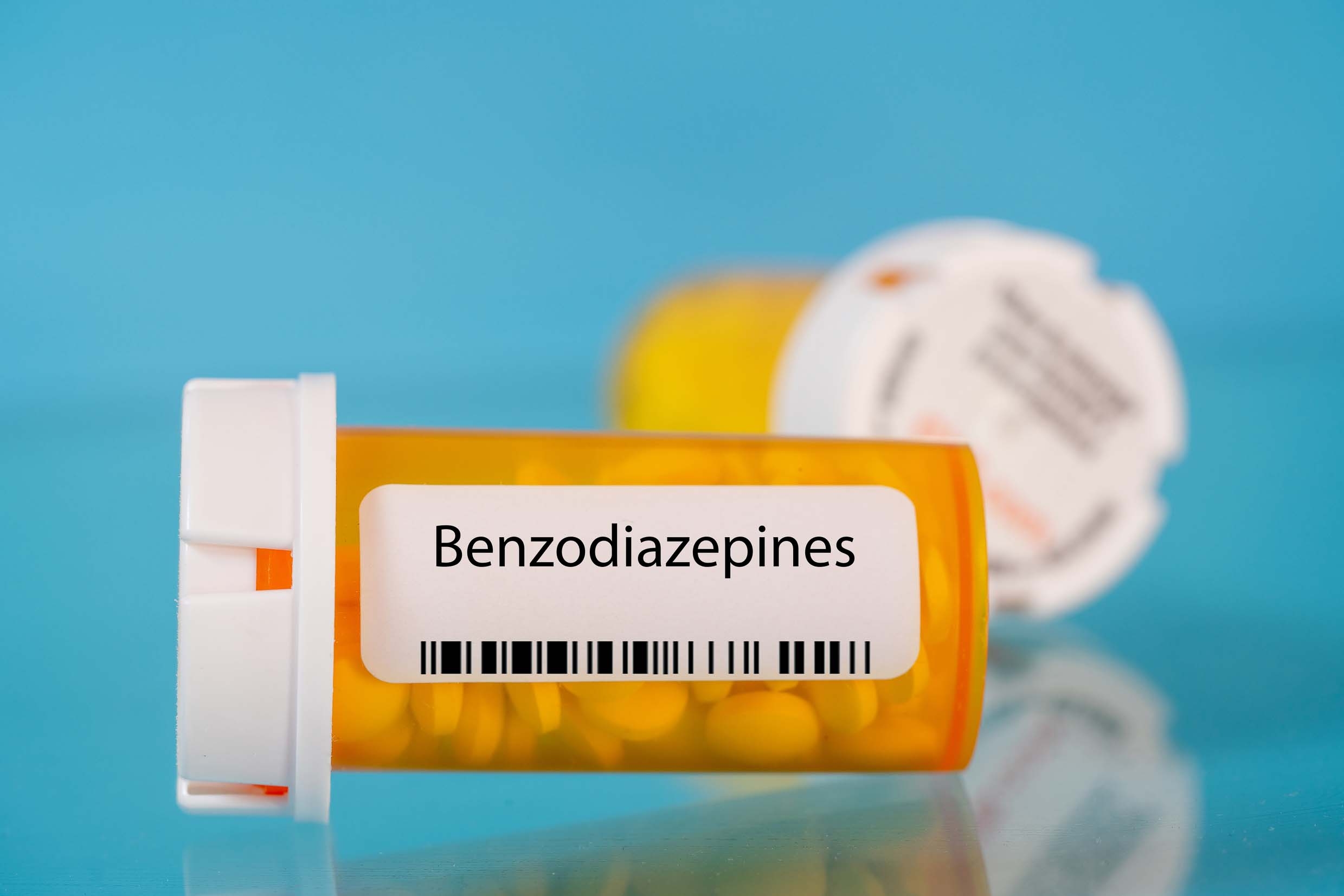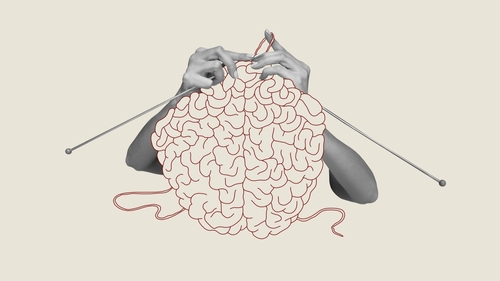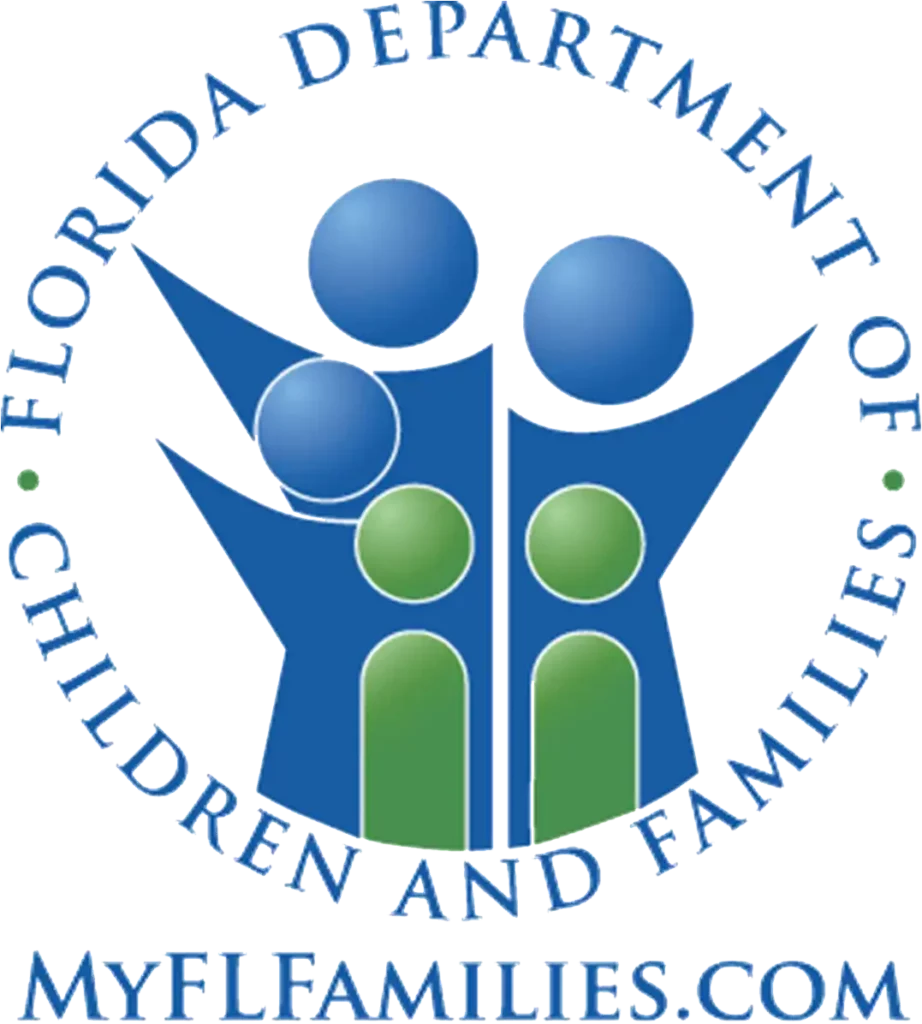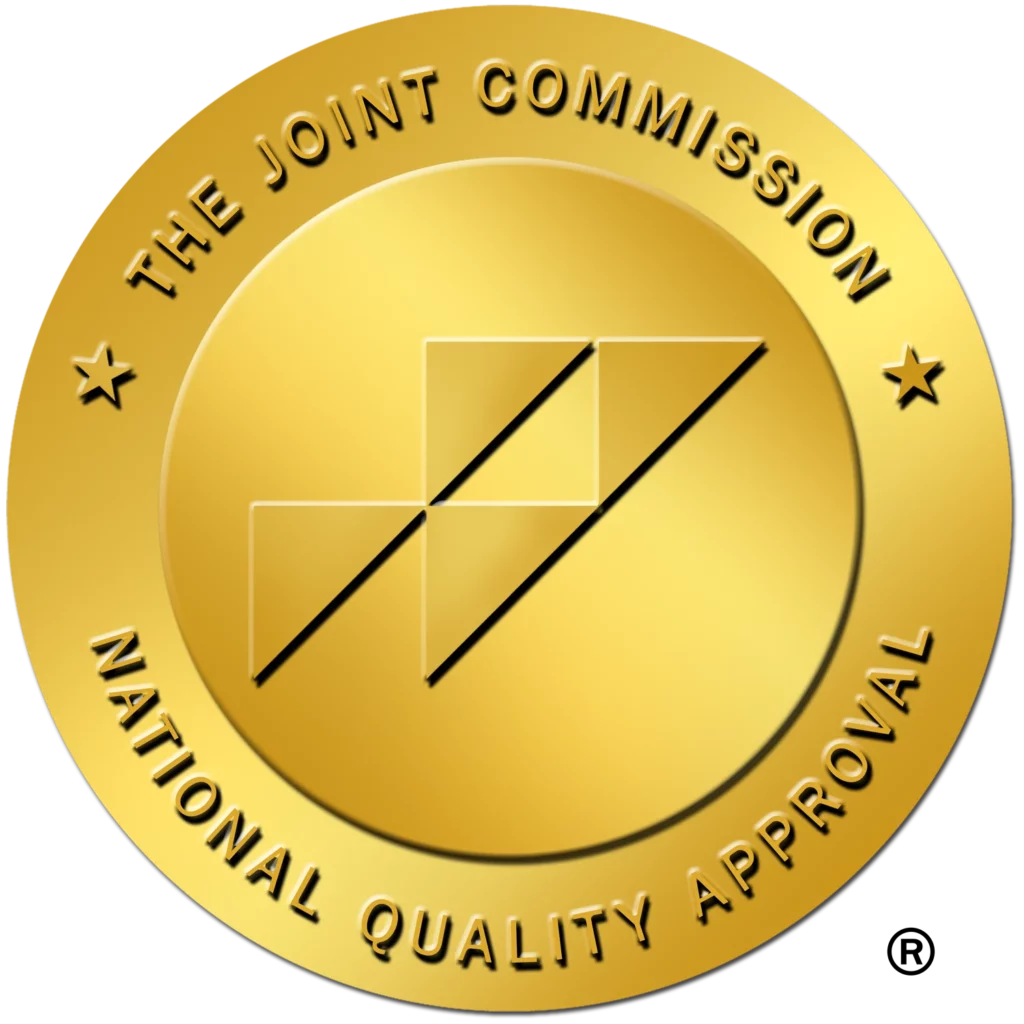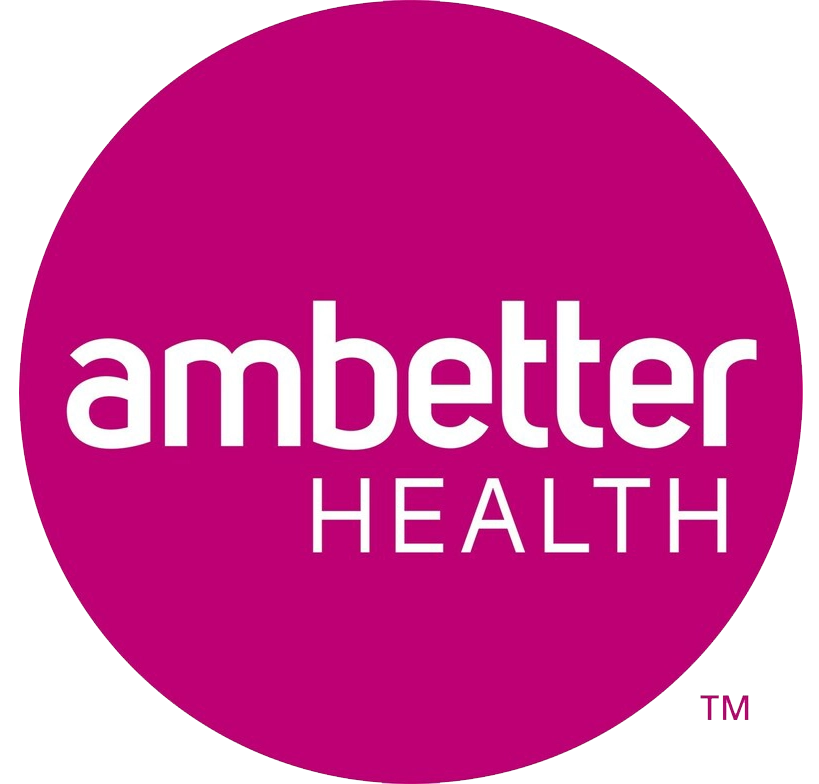Crack Cocaine: How to Spot Abuse
This entry was posted in Drug Abuse, Uncategorized and tagged cocaine, crack, crack cocaine identifying abuse on October 23, 2023 by Justin Baksh, MS, LMHC, MCAP, Chief Clinical Officer.
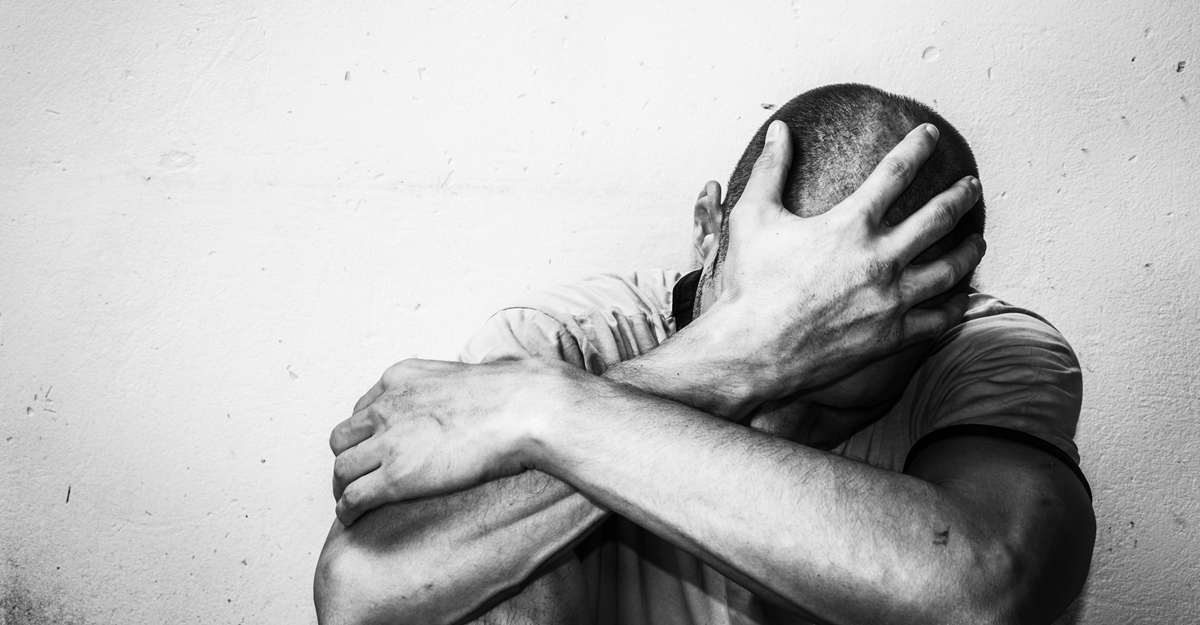
According to the Substance Abuse and Mental Health Services Administration’s (SAMHSA) 2021 National Survey on Drug Use and Health, about 4.8 million people aged 12 or older reported using cocaine in the past year. Approximately 996,000 people aged 12 or older reported using crack at least once in the past year.
Because of the serious health risks and impacts on communities and families associated with crack cocaine use, it’s essential that people understand how to identify its use and abuse.
If you’re worried that someone you care about might be using crack cocaine, you’re probably feeling all kinds of emotions right now—fear, confusion, maybe even anger. First off, know that you’re not alone and that it’s really important to spot the signs as early as possible. This way, you can help your loved one get the support they need. If you think there’s a problem, it’s crucial to get professional help for an accurate diagnosis and the right treatment.
Understanding Crack Cocaine
You might also be wondering what crack cocaine even is and why it’s so dangerous. Crack is a form of cocaine that’s been processed to make it smokable. It’s a stronger, more concentrated version of cocaine, which means it can be even more harmful. When someone smokes crack, they feel an intense high that lasts for only a short time, and then they crash, and feel really low and depressed. This up-and-down cycle can quickly lead to addiction, as people use more of the drug to try and maintain that high.
How Crack Cocaine is Made
Crack cocaine is usually made by mixing powdered cocaine with a solution of water and baking soda or ammonia. Then the mixture is boiled until it becomes solid. Once it cools down, this solid is broken into small, rock-like pieces, which is the crack cocaine that gets smoked.
Ether is sometimes used in the process of converting powdered cocaine into freebase cocaine, which is a form that can be smoked. Freebase cocaine is different from crack, but both are smokable forms of the drug. The ether acts as a solvent in the chemical reaction that removes impurities and isolates the cocaine base from the salt form. Both freebase and crack cocaine are extremely dangerous and highly addictive. Both forms pose severe health risks, including addiction, heart problems, respiratory issues, and more.
How do you know if someone is using crack cocaine? There are several clues you might pick up on.
Sensory Clues: Smell and Appearance
One of the first things you might notice if someone is using crack cocaine is the smell. It’s a distinct odor, kind of like burnt plastic or chemicals. You might even notice it on their clothes or in their room.
Crack has a much stronger smell than cocaine. Regular cocaine usually has a chemical or metallic smell, because of the chemicals used to make it. The smell is also less noticeable because it is snorted instead of smoked. You might also see some unusual items lying around, like small glass pipes or little bags with a white, rocky substance. These items are often used to smoke crack. Sometimes, there’s also a yellowish residue left in the pipe after it’s been used. If you find any of these things, it’s a pretty strong clue that something serious might be going on.
A less obvious, but common sign might be finding black marks on things like spoons, aluminum foil, or even countertops or walls. This could be evidence of crack cocaine use. These marks can appear from the process of smoking crack, which requires high heat. When a lighter is held to a pipe for an extended period, the intense heat can leave behind scorches or black marks on surfaces nearby.
Behavioural Clues
When someone is using crack cocaine, you will probably notice some big changes in how they act. People using crack often become more anxious, paranoid, or agitated. You might see them becoming secretive, isolating themselves, or losing interest in things they used to love. Their sleep patterns can be off too—they might be up at all hours or sleep at odd times. Another major sign could be financial issues. Crack cocaine isn’t cheap, and someone using it might start asking for money more often, or you might notice valuables missing around the house. They could be selling things to support their habit. Also, you might notice a change in their circle of friends, as they start hanging around with people who are also using drugs. Some people will also demonstrate aggressive behaviour, new or increased irresponsibility and a general restlessness. They may appear hyperactive, talk a lot more than usual or project more self-confidence. Profound exhaustion can also be a sign, especially when seen in cycles with periods of excessive energy or hyperactivity.
There may be a sudden change in the person’s social activity, such as hanging out with a new group of friends, who may also use crack cocaine or other drugs. New or worsening mood swings, combined with other signs already listed, may point to crack cocaine use.
Physical Clues
A person smoking crack cocaine will show marked changes in physical health. A few of the most common, and usually most obvious, signs are:
- Increased heart rate
- Rapid, shallow breathing
- Elevated blood pressure
- Dilated pupils
- Excessive sweating
- Burns or cracking fingers or lips
- Skin sores
- Frequent nosebleeds
- Itching / Scratching
- Noticeable, sometimes rapid, weight loss
Health Implications: The Toll on Body and Mind
When it comes to crack cocaine, the stakes are high—the drug has some severe and long-term effects on both physical and psychological well-being. Here’s what prolonged use can lead to:
Physical Effects
- Respiratory Issues: Chronic cough, bronchitis, and other lung-related problems.
- Heart Complications: Increased risk of heart attack, arrhythmias, and hypertension.
- Stroke: Elevated risk due to increased blood pressure and arterial constriction.
- Digestive Problems: Chronic nausea, abdominal pain, and bowel gangrene.
- Weight Loss: Severe, unhealthy weight loss due to reduced appetite.
- Skin Conditions: Abscesses, cellulitis, and other skin infections.
- Dental Issues: Tooth decay and gum disease.
- Sexual Dysfunction: Impotence and infertility can occur.
- Weakened Immune System: Greater susceptibility to infections.
- Malnutrition: Lack of essential nutrients due to neglect of dietary needs.
Psychological Effects
- Addiction: Extreme dependency due to changes in the brain’s reward system.
- Anxiety Disorders: Persistent, often debilitating anxiety.
- Depression: Chronic feelings of sadness, hopelessness, and lack of motivation.
- Paranoia: Intense feelings of suspicion and fear, sometimes leading to violent behaviour.
- Hallucinations: Seeing or hearing things that aren’t there.
- Cognitive Decline: Impaired attention, decision-making, and memory.
- Emotional Instability: Drastic mood swings and irritability.
- Social Isolation: Withdrawal from family and friends, leading to loneliness.
- Psychosis: In extreme cases, loss of touch with reality.
- Impaired Judgment: Poor decision-making skills, leading to risky behaviours.
Withdrawal Symptoms: Medical Supervision is Crucial
Withdrawing from crack cocaine is a medical situation that absolutely requires professional supervision. The process can be intensely uncomfortable, and in some cases, even life-threatening. Detox should never be attempted without medical guidance, as complications can arise that require immediate medical intervention.
Withdrawal Symptoms:
- Intense Cravings: Overwhelming desire to use the drug again.
- Agitation and Restlessness: A general feeling of discomfort and inability to stay calm.
- Fatigue: Extreme tiredness and lack of energy.
- Depression: Deep sadness, often accompanied by feelings of hopelessness.
- Anxiety: Increased nervousness, often leading to panic attacks.
- Sleep Disruptions: Insomnia or hypersomnia, altering normal sleep patterns.
- Mood Swings: Emotional instability, ranging from anger to sadness.
- Nausea and Vomiting: Gastrointestinal distress as the body adjusts.
- Chills and Sweats: The body’s internal thermostat is out of sync.
- Muscle Pain: Aches and discomfort throughout the body.
- Difficulty Concentrating: Impaired cognitive function, affecting focus and decision-making.
Seeking Professional Help
If you’re reading this and finding that a lot of the signs and symptoms resonate with what you’re experiencing in your loved one’s behaviour, it’s probably feeling very real and very urgent right now. But remember, you’re not alone. There is help available. When it comes to something as serious as crack cocaine use and withdrawal, professional guidance isn’t optional—it’s essential.
Healthcare professionals can conduct thorough assessments to properly diagnose the situation and come up with a tailored treatment plan that could include detox, medication, and therapy options. They’ll also be the ones to safely manage withdrawal symptoms, which can be life-threatening if not handled correctly.
Types of Professional Help Available:
- Medical Detox Centers: These are specialized facilities for safely managing withdrawal symptoms.
- Addiction Specialists: Physicians trained in addiction medicine can provide expert guidance.
- Psychiatrists: For treating any underlying or resultant mental health conditions.
- Therapists/Counselors: Essential for tackling the psychological aspects of addiction.
- Support Groups: While not a substitute for medical treatment, groups like Narcotics Anonymous can provide emotional support.
- Sleep Disruptions: Insomnia or hypersomnia, altering normal sleep patterns.
Your first step might be to consult your family physician, who can then refer you to specialists in addiction treatment. Or, you might opt to go straight to a facility that specializes in addiction recovery. Regardless, the important thing is to take that step, and sooner rather than later.
The road to recovery is long and can be challenging, but every journey starts with a single step. You’re already taking the first ones by educating yourself and taking the situation seriously. Continue on this path by seeking the professional help your loved one needs to truly address their issue. Remember, you don’t have to do this alone. There’s a whole network of professionals whose job it is to help people in exactly this situation.

